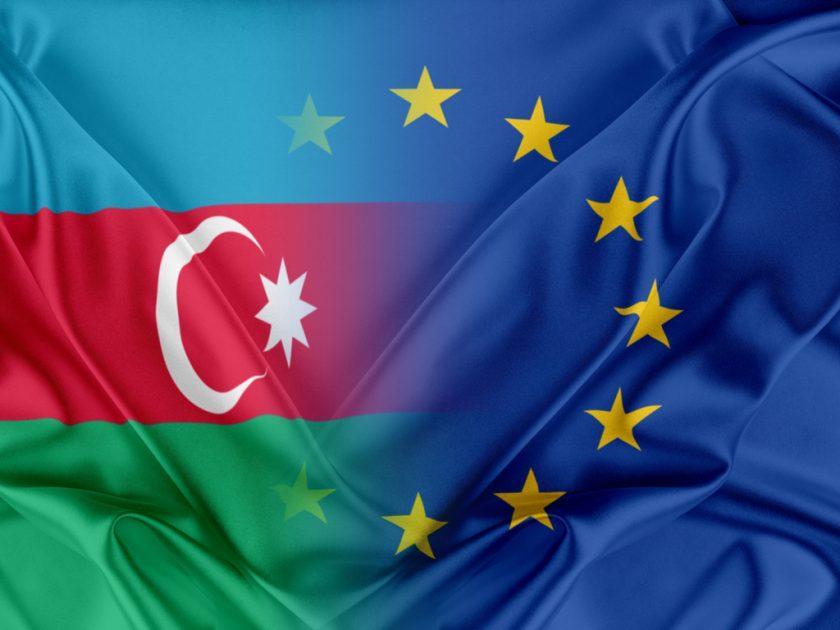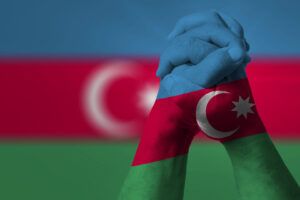Dr. Gubad Ibadoghlu, Senior Analyst, Economic Research Center
Recently, a number of Eastern Partnership countries have applied for membership in the European Union. Ukraine submitted a bid to join the EU in early March, shortly after the full-scale Russian invasion to Ukraine began, and was followed within days by Georgia and Moldova, which were handed their respective questionnaires on April 11, on the sidelines of the Foreign Affairs Council in Luxembourg. StrategEast has interviewed leading experts from EaP countries. Here are the answers from Azerbaijan.
Do you think those events (obtaining an EU accession questionnaire) will stimulate your country’s government to consider the possibility of applying for EU membership in the future?
Due to all these events during the Russian aggression against Ukraine, the Azerbaijani government tries to maintain the status quo and does not make risky decisions in this transition period. Russia’s propaganda potential in Azerbaijan does not allow severe societal changes toward the West. Therefore, the Azerbaijani government prefers to maintain the previous balance between Russia and the West.
Will that positively affect your country’s economic and social processes?
Of course, Azerbaijan’s integration into Europe can positively affect social and economic development in the country.
What key aspects (economic, political, social) are close to European in your country?
Azerbaijan is not very close to Europe in any aspect. Energy resources play an essential role in the country’s relations with Europe. Currently, the importance of oil and gas supplies to Europe is growing. But, Azerbaijan will be unable to help Europe meaningfully reduce its dependence on Russian gas shortly. There are at least two reasons for this. The first is the limited annual capacity of the TAP pipeline, which delivers Azerbaijani gas to Europe. At present, the capacity of the TAP pipeline allows for the transportation of 10-11 billion cubic meters of gas.
The capacity of the TAP pipeline can be expanded to 20 billion cubic meters. In addition, the Southern Gas Corridor project requires additional investment and time. This project needs to be developed and its annual capacity can be increased first to 24 billion cubic meters and then to 31 billion cubic meters. At the same time, European gas buyers must make legal and commercial commitments to Azerbaijani gas producers. These changes will take time.
Second, even if the capacity of the TAP pipeline is increased in the short term, Azerbaijan will not be able to increase gas exports to Europe in the coming years. As noted, in order to achieve this, along with Azeri-Chirag-Guneshli and Shah Deniz, gas production from the Absheron, Karabakh, Kapaz, and Umid oil and gas fields must be increased.
In the short term, Azerbaijan simply does not have the opportunity to provide an alternative to Russian gas for the EU. In fact, even if there was enough gas, it would technically be impossible to deliver it to Europe. At best, in five years, Azerbaijan will be able to transport 20 billion cubic meters of gas to Europe within the second phase of the Southern Gas Corridor.
What needs to be improved?
Political and economic reforms in the country have been delayed; democratic institutions are pseudo, free elections have not been held so far, and corruption and monopolies are highly developed. Therefore, political reforms should be carried out, democratic institutions based on both local and central elections should be established, Baku should elect mayor, the transition to a market economy should be accelerated, transparency and accountability should be increased, and competition and free trade should be supported. Azerbaijan must be a member of the WTO.




